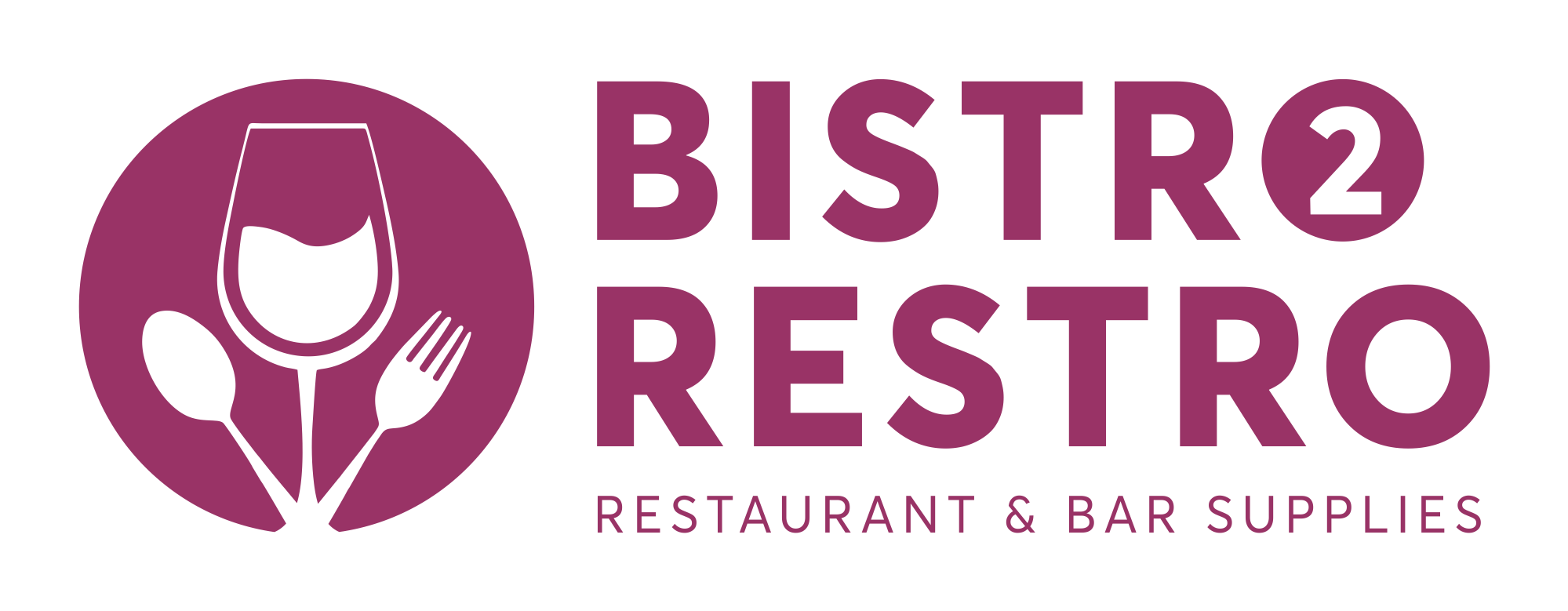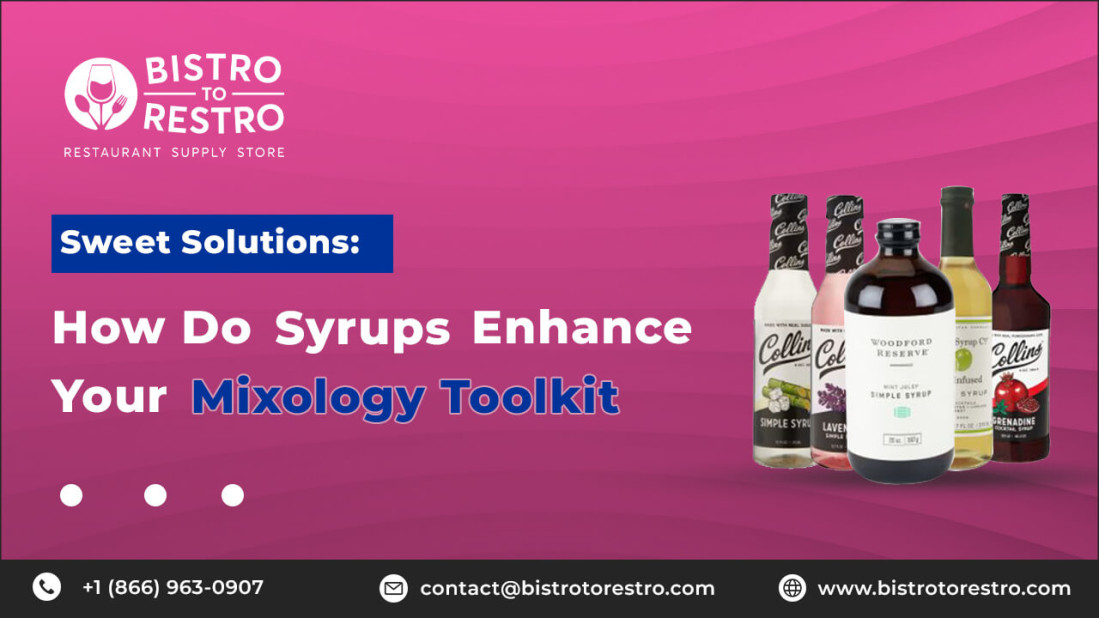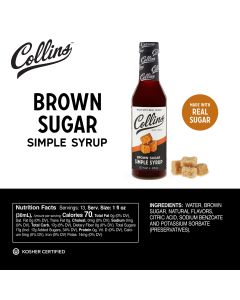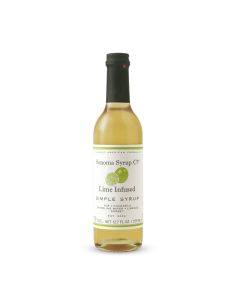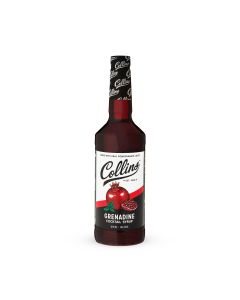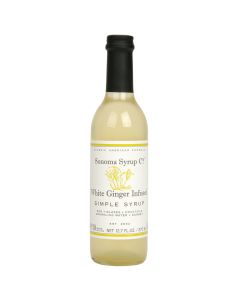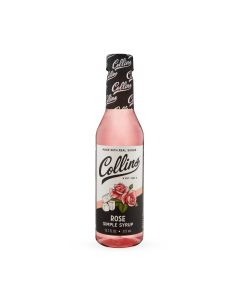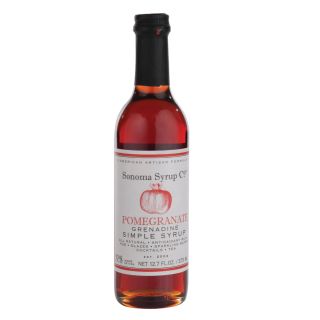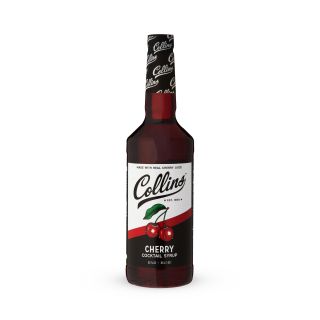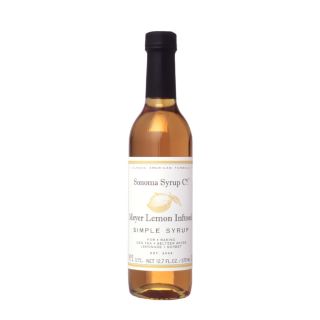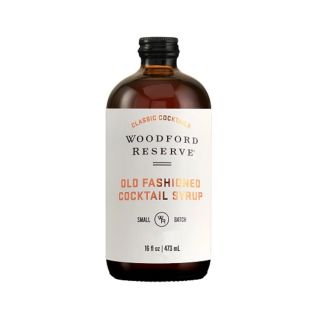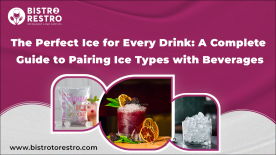In mixology, every bartender or cocktail enthusiast understands the transformative power of syrups in crafting extraordinary beverages. Syrups, with their rich flavors and versatile nature, have become indispensable components of the mixologist's toolkit, elevating the art of cocktail creation to new heights. From classic concoctions to innovative libations, the influence of syrups is undeniable. Join us as we delve into the realm of mixology and unravel the myriad ways in which syrups sweeten the craft and enhance the drinking experience. Get ready to discover how syrups are the secret ingredient that unlocks a world of endless possibilities in the art of mixology.
The importance of syrups in mixology
Syrups play a vital role in mixology by adding flavor, sweetness, and complexity to cocktails. They are versatile ingredients that can be infused with various flavors, creating unique and signature drinks. Syrups also help balance and elevate the taste profile of cocktails, making them essential components in a mixologist's toolkit. Throughout the world of mixology, syrups are cherished for enhancing the depth and character of cocktails, offering a wide range of creative possibilities to elevate each drink into a delightful, flavorful experience.
Basic ingredients:
Sugar: The main component that provides sweetness and viscosity.
Water: Acts as a solvent to dissolve the sugar and create a liquid form.
Flavorings: Additional ingredients such as fruits, herbs, spices, or extracts that infuse the syrup with specific flavors.
Role of syrups in cocktails:
Sweetening: Syrups add sweetness and balance to cocktails, enhancing their overall flavor profile.
Flavor Enhancement: They bring depth, complexity, and unique flavors to different food & drinks.
Texture: Syrups contribute to the mouthfeel and texture of cocktails, creating a smoother and more enjoyable drinking experience.
Versatility: simple syrup for cocktails can be customized to suit various tastes and preferences, making them versatile tools for mixologists.
Different types of syrups commonly used in mixology
Type of syrup | Description |
Simple syrup | Basic syrup, made of equal parts sugar and water, is commonly used as a sweetener in cocktails. |
Flavored syrups | Infused with fruits, herbs, spices, or botanicals to add specific flavors to cocktails. |
Gomme syrup | The syrup is made with the addition of gum Arabic, providing a silkier texture and enhanced mouthfeel to drinks. |
Fruit syrups | Made by combining fruit juices or purees with sugar and water, it is ideal for adding fruit flavors to beverages. |
Herbal syrups | Infusions of herbs like mint, basil, or thyme in syrup form, offer fresh and aromatic profiles for honey syrup cocktails |
Skinny syrups | Skinny syrups sugar free are low-calorie flavor enhancers for light and refreshing cocktails. |
Sugar free syrups | Ideal for diabetic-friendly or low-carb cocktails, offering sweetness without sugar content. |
Coffee syrup flavors | They come in various flavors like vanilla, caramel, and hazelnut, and are used to elevate coffee-based cocktails. |
Cocktail syrups | Traditional and flavored syrups are tailored to enhance the taste and texture of cocktails. |
Lavender syrup | Lavender syrup cocktail adds a floral and herbal note to cocktails, imparting a unique and aromatic twist to drink recipes. |
Blueberry syrup | Blueberry syrup for cocktails brings sweet and tangy flavor to cocktails, offering a burst of fruity freshness in various drink creations. |
Techniques for incorporating syrups into cocktail recipes
Stirring and shaking: Syrups can be incorporated into cocktails through stirring or shaking to ensure proper integration and even distribution of flavors.
Layering: Some cocktails benefit from layering syrups at different densities to create visually appealing and flavor-enhancing effects.
Muddling: When using fruit or herb-infused syrups, muddling can help release essential oils and intensify the flavors in the cocktail.
Garnishing: Drizzling flavored syrups for drinks on top of cocktails can serve as a decorative and aromatic finishing touch.
Examples of classic and innovative cocktails featuring syrups:
Classic cocktails: Examples include the Old Fashioned syrup, which features simple syrup as a sweetening agent, and the Daiquiri, which incorporates flavored syrups like raspberry or peach in its variations.
Innovative creations: Modern mixologists are using syrups in creative ways, such as the Lavender Martini, featuring a lavender infused simple syrup, and the Spiced Pear Collins, which blends pear syrup with gin and soda for a refreshing twist.
Tips for balancing sweetness in cocktails:
Taste testing: Regular tasting while incorporating syrups helps maintain the desired level of sweetness without overpowering other flavors.
Use of citrus: Balancing sweet syrups with citrus juices, such as lemon or lime, adds a tangy counterpoint to the sweetness of cocktails.
Adjusting ratios: Varying the quantity of syrups used in a recipe allows for customization based on the drinker's preference, creating a harmonious blend of flavors.
Checkout: Mastering the Art of Running a Successful Bar: A Comprehensive Guide
Proper syrup storage techniques to maximize shelf life
Refrigeration: Storing syrups in airtight containers in the refrigerator helps maintain their quality and extends their shelf life.
Avoid contamination: Ensure syrups are not exposed to moisture or contaminants to prevent spoilage.
Labeling: Clearly label syrups with preparation date and type to track shelf life and avoid confusion.
Signs of spoilage and when to discard syrups:
Mold growth: Visible mold, cloudiness, or unusual discoloration are signs of spoilage and indicate it's time to discard the syrup.
Off odors or Taste: If the syrup develops an off smell or taste different from its original flavor, it should be discarded.
Change in texture: Any changes in the consistency or texture of the syrup, like crystallization or separation, indicate spoilage.
Creative ways to use up leftover syrups
Mocktails: Create non-alcoholic beverages by mixing leftover syrups with sparkling water or soda for refreshing soda flavor syrup mocktails.
Desserts: Drizzle syrups over pancakes, waffles, or ice cream for added sweetness and flavor.
Marinades and glazes: Use syrups as a base for marinades or glazes for meats, vegetables, or tofu to add depth of flavor.
Salad dressings: Incorporate syrups into salad dressings for a touch of sweetness and unique flavor profiles.
Baking: Substitute syrups for sugar in baking recipes to enhance the taste of cakes, cookies, and bread.
Top brands for store-bought cocktail syrups
When it comes to store-bought syrups, the best cocktail syrup brands are known for their quality and diverse flavor offerings. Some recommended brands for store-bought syrups include:
Woodford Reserve: Known for its premium cocktail ingredients, offers a range of high-quality syrups perfect for adding depth and complexity to cocktails.
Torani: Torani offers a wide range of flavored syrup bottles, including classic options like vanilla, caramel, and hazelnut, as well as unique flavors such as mango, lavender, and blood orange.
Collins: Collins produces a variety of syrups that are popular among mixologists for their consistent quality and diverse flavor options.
Sonoma Syrup Co: Renowned for its artisanal syrups made with natural ingredients and unique flavor combinations, ideal for enhancing beverages, and its old fashioned simple syrup.
Wild Hibiscus Flowers in Syrup: This brand offers an exotic twist with hibiscus-flavored syrup, providing a floral and slightly tangy syrup that adds a touch of sophistication to cocktails and culinary dishes.
Monin: Renowned for its premium syrups available in a vast selection of flavors, including fruit, spice, and floral infusions, ideal for both classic and innovative cocktail creations.
Refer: A Quick Guide for Every Aspiring Bartender: Master Your Skills
FAQs
Where to buy simple syrup?
You can buy simple syrup at most grocery stores, liquor stores, or online retailers. It is also easy to make at home by combining equal parts of sugar and water, heating until the sugar dissolves, and then allowing the syrup to cool.
What is bar syrup?
Bar syrup, also known as "rock candy syrup" or "superfine syrup," is a type of simple syrup made with superfine sugar. It is commonly used in bars and cocktail-making due to its quick-dissolving properties, especially in chilled beverages.
Are real syrups used in mixed drinks?
Yes, real syrups, usually referring to homemade or premium-quality branded syrups made with natural ingredients, are commonly used in mixed drinks. They add depth of flavor, sweetness, and character to cocktails and other beverages.
What are syrups?
Syrups are sweet liquid flavorings composed of sugar, water, and sometimes other ingredients like fruits, herbs, or spices.
